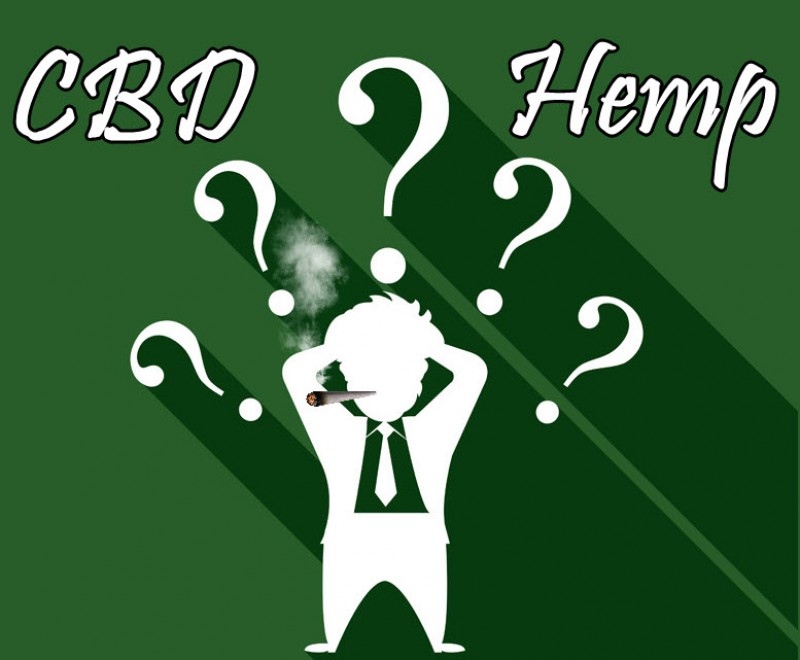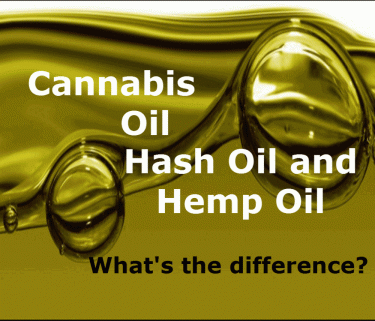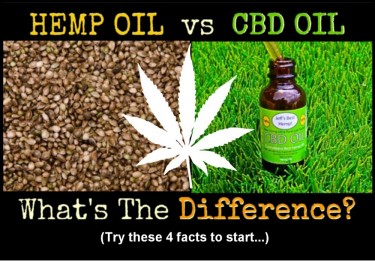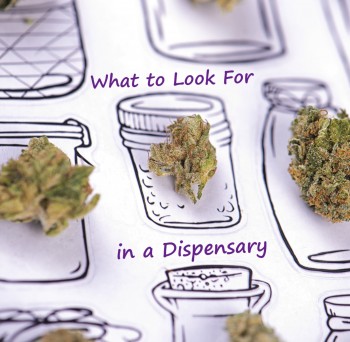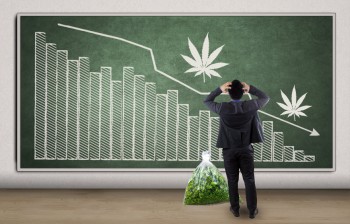How Some Hemp Marketers Aim to Confuse Consumers
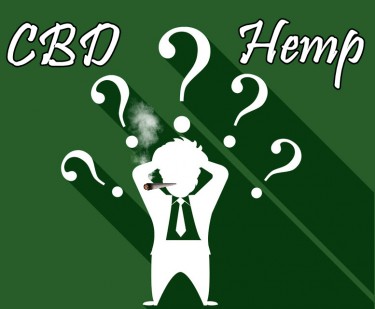
As you’re probably aware, the ongoing debate between CBD oil and hemp oil shows no sign of slowing. Which provides the greater health benefits? Which is better for daily use? What’s the actual difference between these two products? There are as many questions as there are varieties of cannabidoil products out there, and make no mistake: those selling these products are more than happy to cash in on consumer confusion.
This should come as no real surprise, as CBD oil and related products have represented one of the biggest consumer trends in recent years. The millennial market for CBD products continues to rise and as the benefits of CBD find backing by new scientific studies, it’s likely these products will continue to gain popularity for the foreseeable future. In fact, as many as 20% of young adults in their 20’s now use CBD, making this category of wellness and lifestyle products a bonafide marketing phenomenon.
The more people get into the CBD lifestyle, the more they want to know about what it is they’re actually consuming. While the differences between THC and CBD have become common knowledge to consumers, with most CBD users no longer under any apprehension that their daily CBD dose is going to generate any THC-style high, the confusion that exists between hemp oil and CBD oil has been covered in less detail, allowing marketers to take advantage of the grey area between the two.
Let’s take a closer look at both and define the key differences.
Is CBD the Same as Hemp Oil?
The cannabis plant, commonly referred to as hemp or marijuana, is the source of the cannabidoil or CBD you’re increasingly seeing on sale in lifestyle and wellness shops across the globe. The first key distinction to be aware of is the fact that hemp seed oil - which is usually a cold pressed oil derived from the seeds of the hemp plant - will not contain active cannabidoil. If it does, there will be no more than the slightest trace amount in the substance, and not nearly enough to make any noticeable difference.
Here’s where it gets tricky. Hemp oil and hemp seed oil sales have soared alongside CBD products, primarily due to the rocket fuel that CBD’s popularity has injected into the entire cannabis industry. The marketers and businesses behind hemp seed oil know, full well, that the health benefits associated with CBD aren’t the same as those associated with hemp seed oil, but they aren’t exactly going to shout this from the rooftops. Instead, many rely on the sheer number of CBD products out there to drive confusion and to keep their bottom line looking healthy as the result of the ‘green rush’ that CBD has created.
As such, it’s important when buying CBD oil to check for the specific amount of cannibidoil it contains, as this will help quickly determine whether you’re buying a product derived from the potent hemp plant, or the relatively inert hemp seed.
Interestingly, hemp products are required by law to feature no more than 0.3% THC. However, the amount of cannabidoil contained in hemp products is notoriously difficult to accurately measure. As such, some hemp products can contain anything from zero percent to a noticeable quantity.
Hemp Seed Oil: Not CBD, but Not Without Benefits
So, what’s the real difference between hemp seed oil and CBD oil, and why are they sometimes marketed as completely different products, and sometimes marketed as being almost identical despite being derived from the same family of plants? Firstly, let’s establish once again that hemp seed oil is sometimes just another name for hemp oil, which is extracted from the industrial hemp used for a number of things.
The creation of non-CBD hemp oil involves cold-pressing the hemp plant, then processing and refining the oil before bottling. Generally speaking, hemp oils only contain trace quantities of CBD, and as such won’t yield the wellness benefits that as many as one in seven Americans seek from their CBD products. That’s not to say that hemp oil is useless, however. Numerous studies and nutritionists have extolled the virtues of hemp oil for its fatty acids, anti-inflammatory properties, and vitamin E for general health and well-being, plus a remarkable range of consumer products that have nothing to do with food. .
CBD, on the other hand, is generally made from cannabidoil extracted from fully-grown hemp plants, and is produced specifically for the health and wellness benefits it provides. Cibdol is a UK CBD maker using fully-grown hemp plants.
Is CBD Superior to Hemp Oil?
To put it bluntly, the answer is a resounding “yes,” especially when we’re talking about the differences between CBD oil taken from hemp plants, and hemp seed oil which contains only trace amounts of cannabidoil. Yes, we know it is confusing but so do the people selling hemp seed oil disguised as CBD, which is why you need to keep a close eye on what you’re purchasing!
Those seeking hemp-derived supplements for wellness - and the various benefits associated with CBD - need to look closely at the labels of their products. It should be plain to find the verified amount of CBD and information about the full-spectrum formulations used. In order to make sure you buy the right CBD product for your needs, you should be aware that full-spectrum products may also list phytocannabinoid-rich cannabidoil (broad-spectrum) hemp as the key ingredient.
Check for Quality, Check for CBD
Make no mistake, fast-developing trends like CBD will always attract the attention of businesses looking to make a quick buck by selling cheaper, inferior, or counterfeit products.
One easy way of verifying the quality of a producer is to check whether or not the company conducts ‘third-party lab testing’ on their products, something an increasing number of CBD manufacturers are doing to put consumers’ minds at rest. These tests verify the concentration and potency of the cannabidoil, providing a transparent marker of quality to the customer. They also check for pesticides, heavy metals, solvents, and other chemical nasties.
The best CBD oils have clear, easily understood labels and will let you know that they source their hemp plants either locally or from trusted suppliers. Like any other natural product, it really matters what goes into your hemp and CBD oil. The best advice is to do your homework before buying.
HEMP OIL OR CBD OIL, READ MORE...
HASH OIL, HEMP OIL, OR CANNABIS OIL - WHAT IS THE DIFFERENCE?

